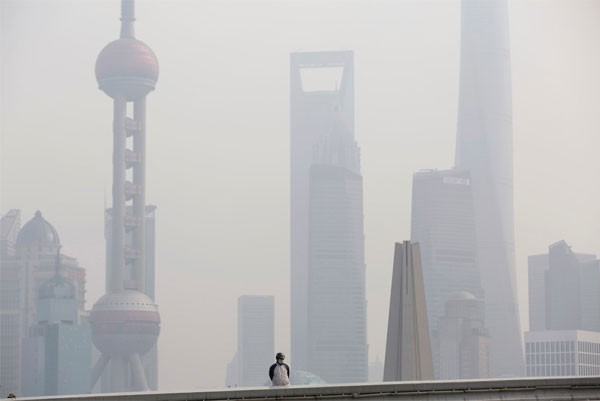Beijing, Tianjin and Hebei Province in northern China are set to cut back on their coal consumption in a bid to lessen the ever-growing air pollution in the country.
According to a statement from the National Development and Reform Commission (NDRC), the total coal consumption of the northern region would be significantly decreased by 2017 compared to its level in 2012 in order to counteract the effects of the toxic air pollution in the country.
The Chinese economic planning body sees the coal consumption about 63 million tonnes lower, with 13 million tonnes reduced in Beijing, 10 million tonnes in Tianjin and 40 million tonnes in the entire Hebei Province.
This is in line with an air pollution guideline released in 2014 which implies the government's goal to lower the country's use of coal as a source of energy, hopefully bringing it down to below 65 percent after two years.
In a report from China's Xinhua News Agency, the NDRC believes that air pollution can be countered provided that the government acts immediately in eliminating the source of pollution.
Furthermore, energy source in key areas would be replaced by cleaner sources, resulting in increase in the use of nuclear, hydro, wind and solar energies as substitute to coal.
In 2014, the province of Heibei made history by cutting down on coal consumption by 15 million tonnes.
In Beijing, air pollution level showed a significant decrease by 4 percent based on the key air pollution indicator PM2.5 after coal was substituted with other energy sources such as gas.



























